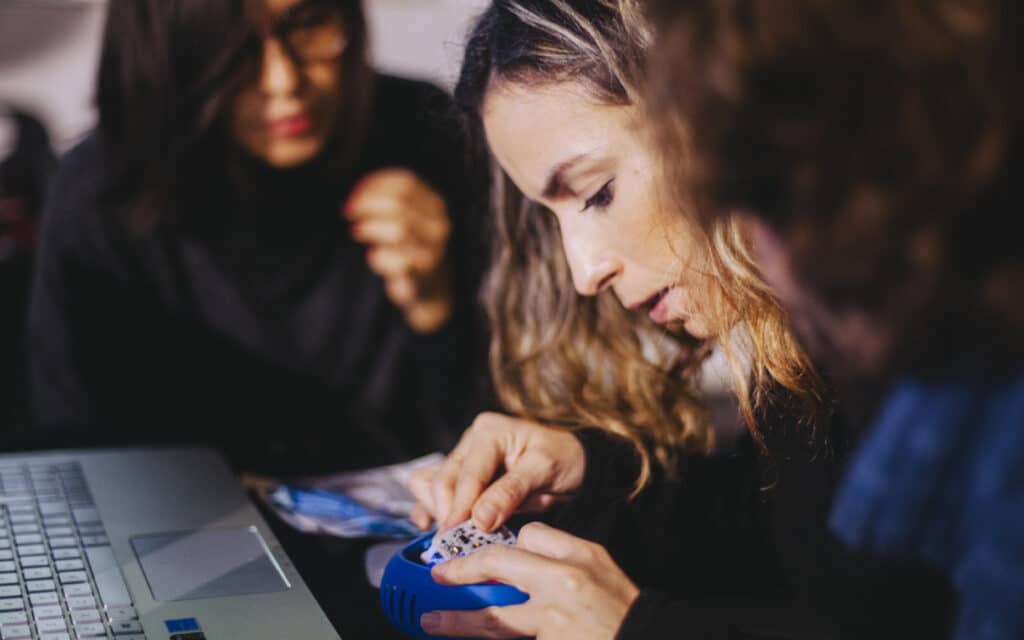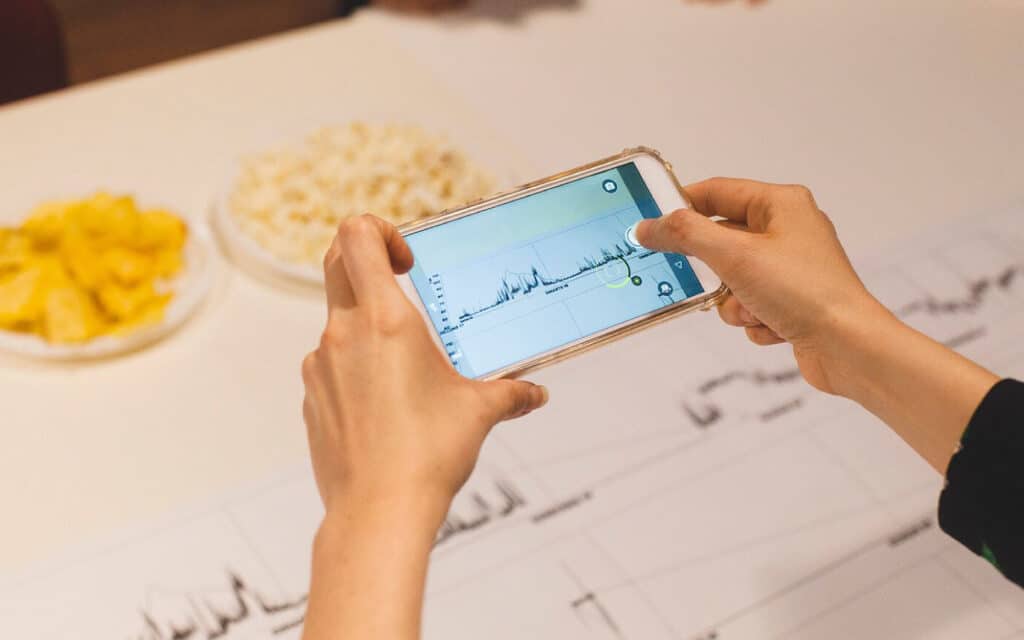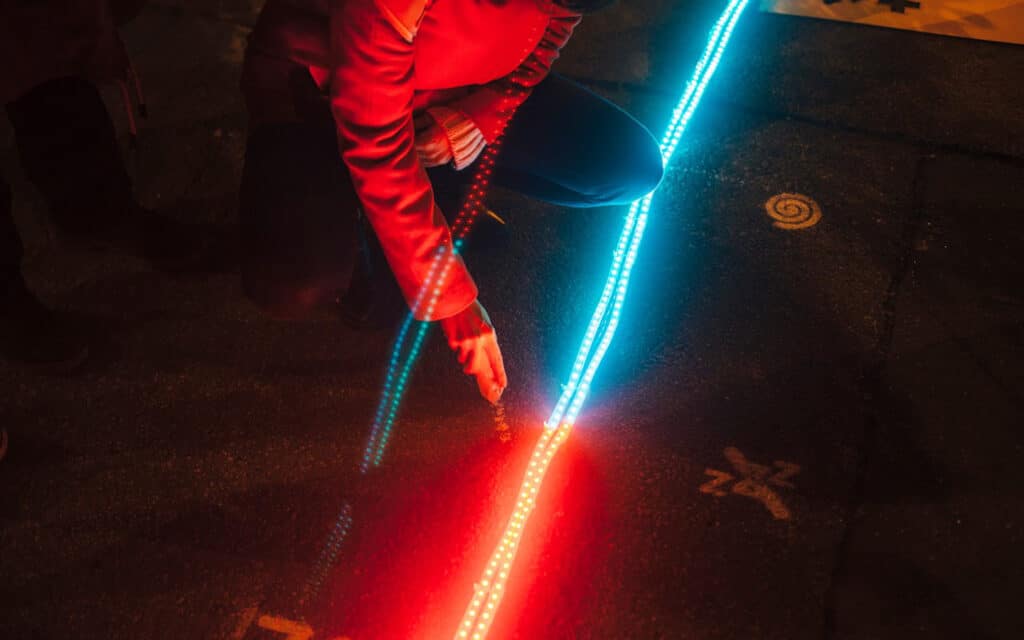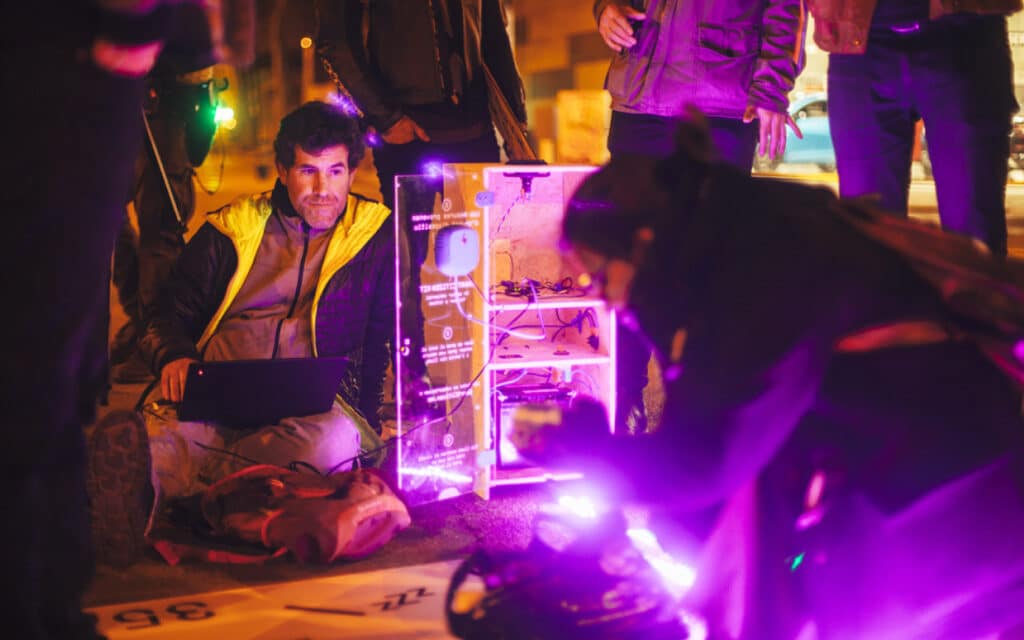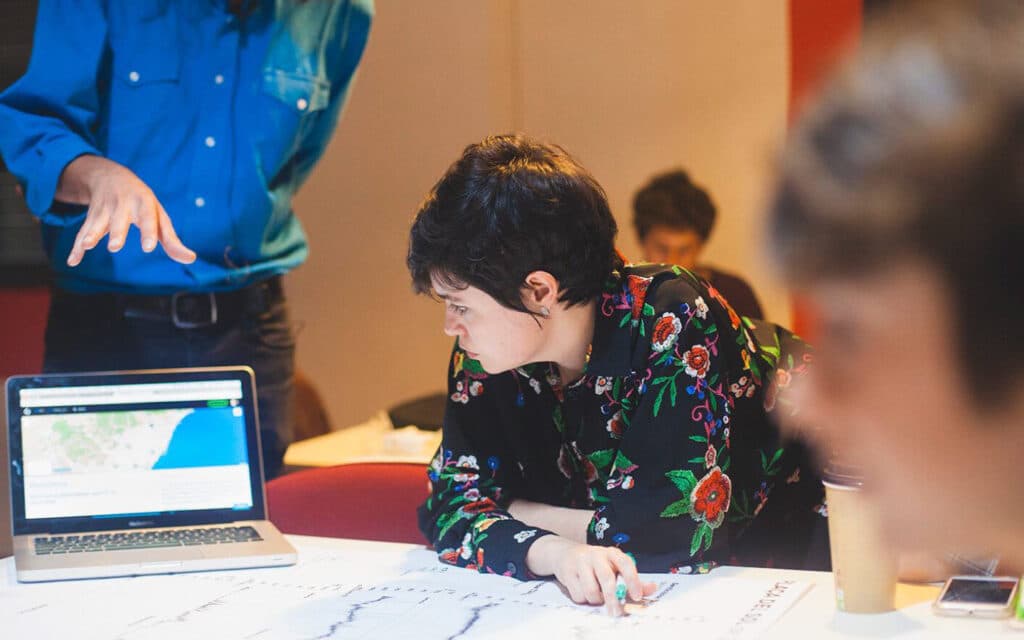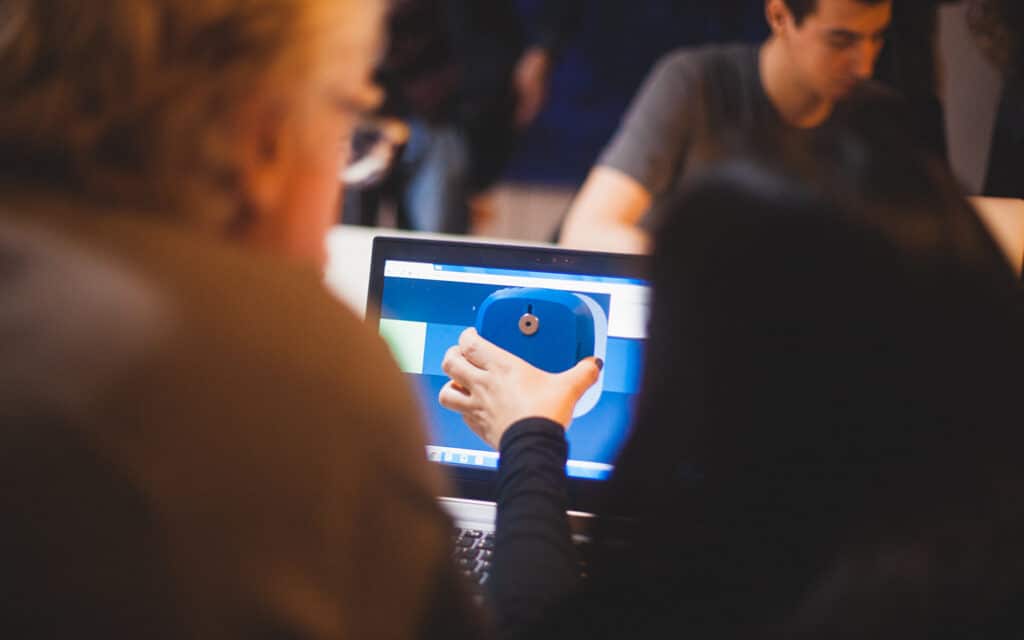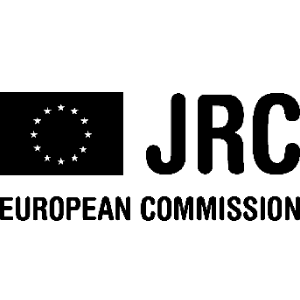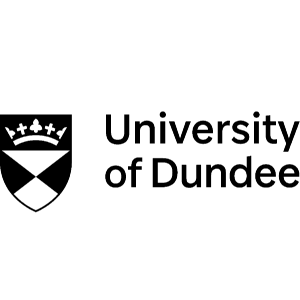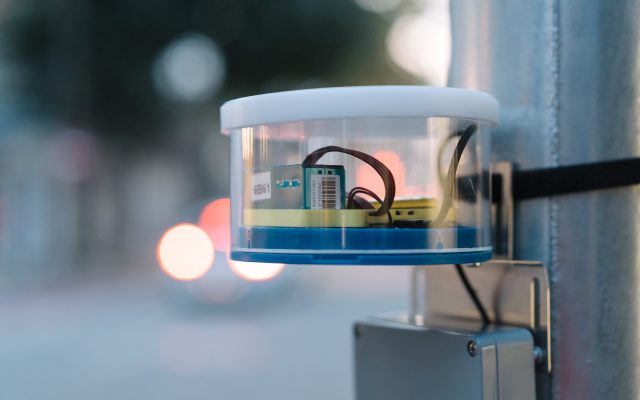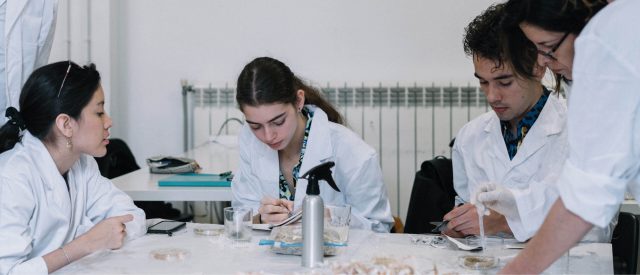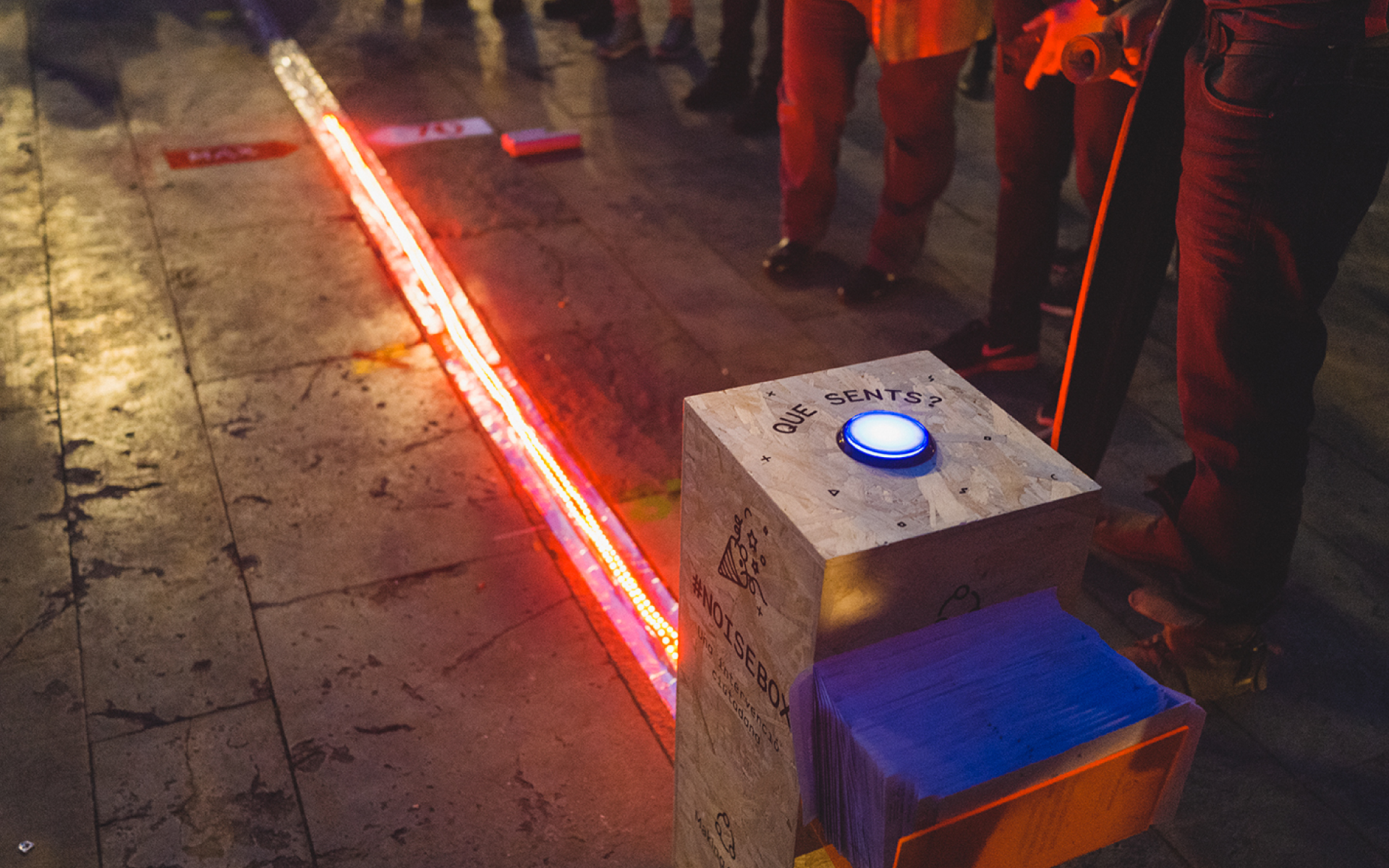
Making Sense
Citizen-driven innovation.
The Challenge
Empowering citizens to collect bottom-up scientific data that can lead to participatory action.
Our Solution
Devising urban solutions to pollution through connecting makers, communities and Fab Labs through the Making Sense toolkit.
Type of Project
Research and Innovation Action for Industrial Leadership in information and communication technologies funded by European Union’s Horizon 2020 programme under Grant Agreement 688620
Awards
2018 Ars Electronica STARTS Prize honourable mention for The Making Sense Toolkit
Urban communities currently lack accessible tools to read and translate crucial pollution data to a wider community of concerned citizens. Citizens are left both affected and defenceless where city councils often don’t have the means or political will to monitor and act on pollution. Making Sense has set an example on how to empower communities to take action and improve the environment.
The Project
The Making Sense project created an award-winning methodology which enables communities to appropriate their own sensing tools in order to understand their environment. This can encourage action to address environmental problems such as air pollution, noise and nuclear radiation. Making Sense has created impact through three steps of transformative change: strongly defining smart citizens as the point of reference for the ‘smart city’; giving core stakeholders knowledge, technology and experience to collect and analyse data and finally, providing a framework to design change e.g. through action and policy-making.
Our Contribution
The Smart Citizen project, comprised by open source software, open source hardware, digital maker practices and design was developed at Fab Lab Barcelona and was put to use by the Making Sense as a tool to help engage European communities to sense and understand their own environmental data. This project developed a toolkit to implement such practices in any urban context.
The Citizen Sensing Toolkit places citizens at the heart of the smart city. This approach facilitates and empowers citizens to take ownership of societal challenges and improve liveability within cities, using the Smart Citizen Kit. Making Sense acted as the testing ground for this alternative perspective on the smart city. Fab Lab Barcelona implemented a pilot to reduce sound levels in Plaça del Sol in Barcelona. This town square historically suffered from the noise of drinking into the early hours of the morning by crowds drawn from near and far. Working with the Making Sense team in Barcelona, the neighbourhood association of the Plaça del Sol were able to use the Smart Citizen Kit to research and measure how high, in relation to the norm, the noise levels were around the plaça and were able to improve the situation in collaboration with local policy-makers.
Two other pilots that also implemented the Smart Citizen project achieved new air pollution legislation in Kosovo and the implementation of city trees in order to improve air quality in Amsterdam. The lasting transformation enabled by Making Sense is currently being embraced by the Smart Citizen project out of Fab Lab Barcelona as part of the tools and methodologies offered to countries worldwide.
The Smart Citizen platform, developed by Fab Lab Barcelona aggregates all data from the Smart Citizen kits worldwide and is open online. The Citizen Sensing Toolkit and Smart Citizen Kit are both open source and available on the Fab Lab Barcelona market.
Who is it for?
The outputs of the Making Sense project can be for policymakers wishing to involve communities, to citizens wanting to actively participate in gathering sensor data about urban environments.
Communities and Individuals
Community members and individuals who wish to take ownership and action upon their surrounding environments through gathering sensory data to improve environmental quality and report to policymakers.
Policy Makers
Who wish to work with communities on real-time neighbourhood frictions.
Other project team members – Gui Seiz.
